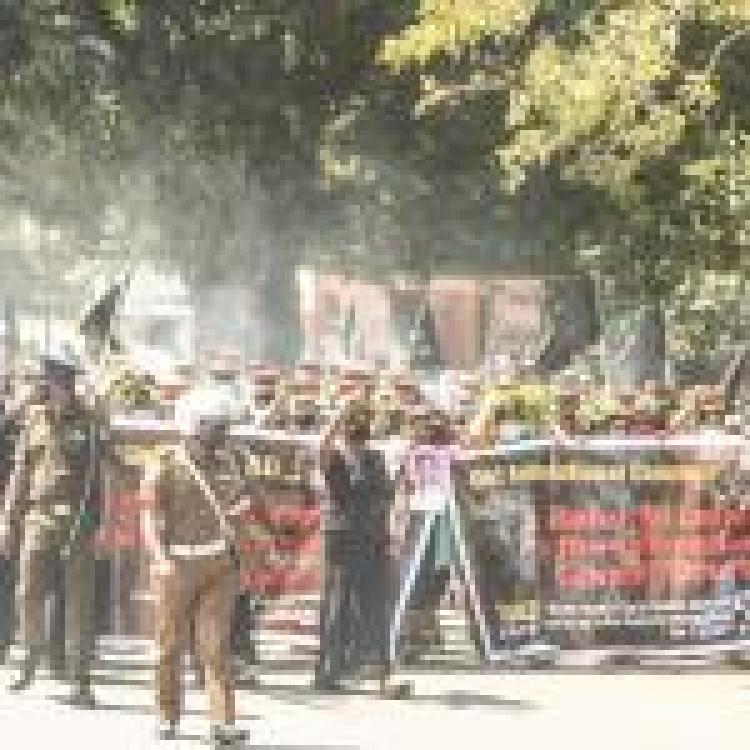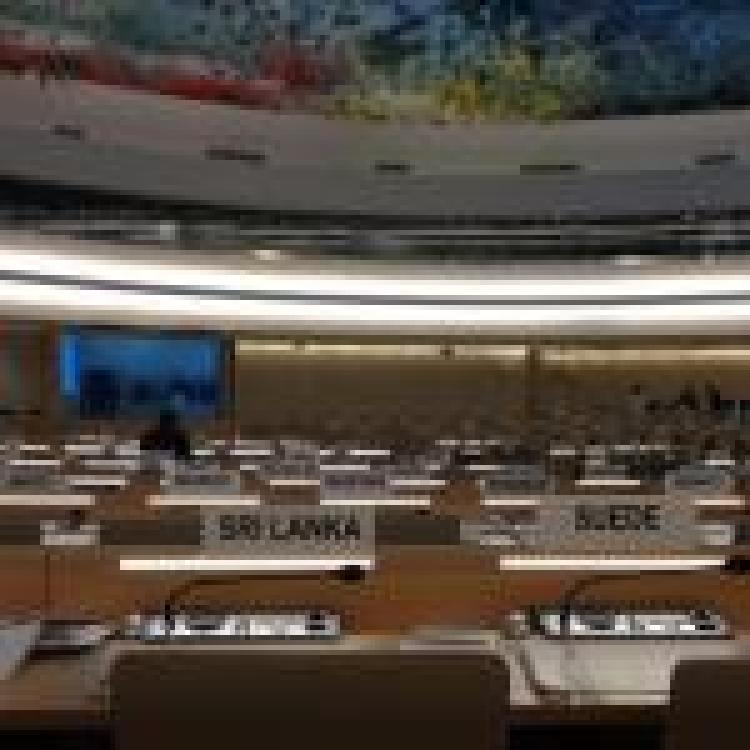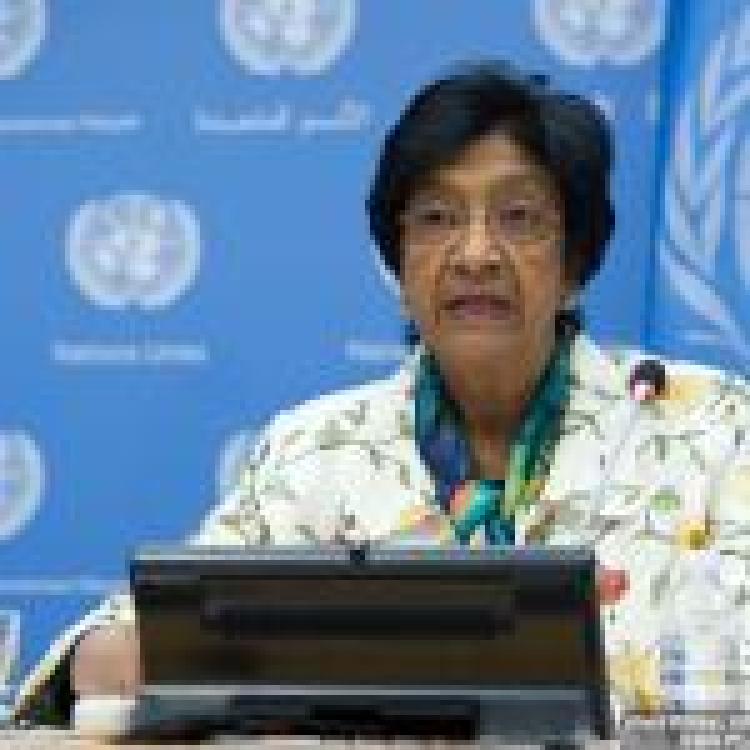![]()
Sri Lanka has already made the decision to reject any resolution based on the UN Human Rights Chief's damning report that may be submitted at the United Nations Human Rights Council (UNHRC) 46th session says Sri Lanka's Co-Cabinet Spokesperson and Energy Minister Udamma Gammanpila.
Disparaging the resolution drafted by the Core Group on Sri Lanka, Gammanpila told the Sunday Observer, that "whenever there is a patriotic government, these countries bring resolutions against such governments. In the past, we have been fighting against these resolutions. So, we will definitely face this resolution as well."
The draft resolution which was made public last week, calls on the Office of the High Commissioner for Human Rights "to consolidate, analyse and preserve information and evidence and develop possible strategies for future accountability processes for gross violations of human rights or serious violations of international humanitarian law, to advocate for victims and survivors, and to support relevant judicial proceedings in Member States with competent jurisdiction."
However, many Tamil activists have expressed disappointment over the draft resolution which falls short of the UN High Commissioner's report which calls for asset freezes, travel bans and for member states to consider referring Sri Lanka to the International Criminal Court (ICC). In her report, Michelle Bachelet warns of the "seeds of future violence" in Sri Lanka and urges member states to "heed the early warning signs of more violations to come."
Gammanpila claimed that Sri Lanka was at a disadvantage as the virtual 46th UNHRC session will not allow for a "healthy debate, negotiations or compromises" and stressed that the decision to hold the session virtually "reflects the arrogance of several member nations of the UNHRC."
UK Foreign Secretary, Dominic Raab, told the UNHRC at it's opening session this morning that the UK will present a new resolution to maintain the focus on reconciliation and accountability in Sri Lanka.




